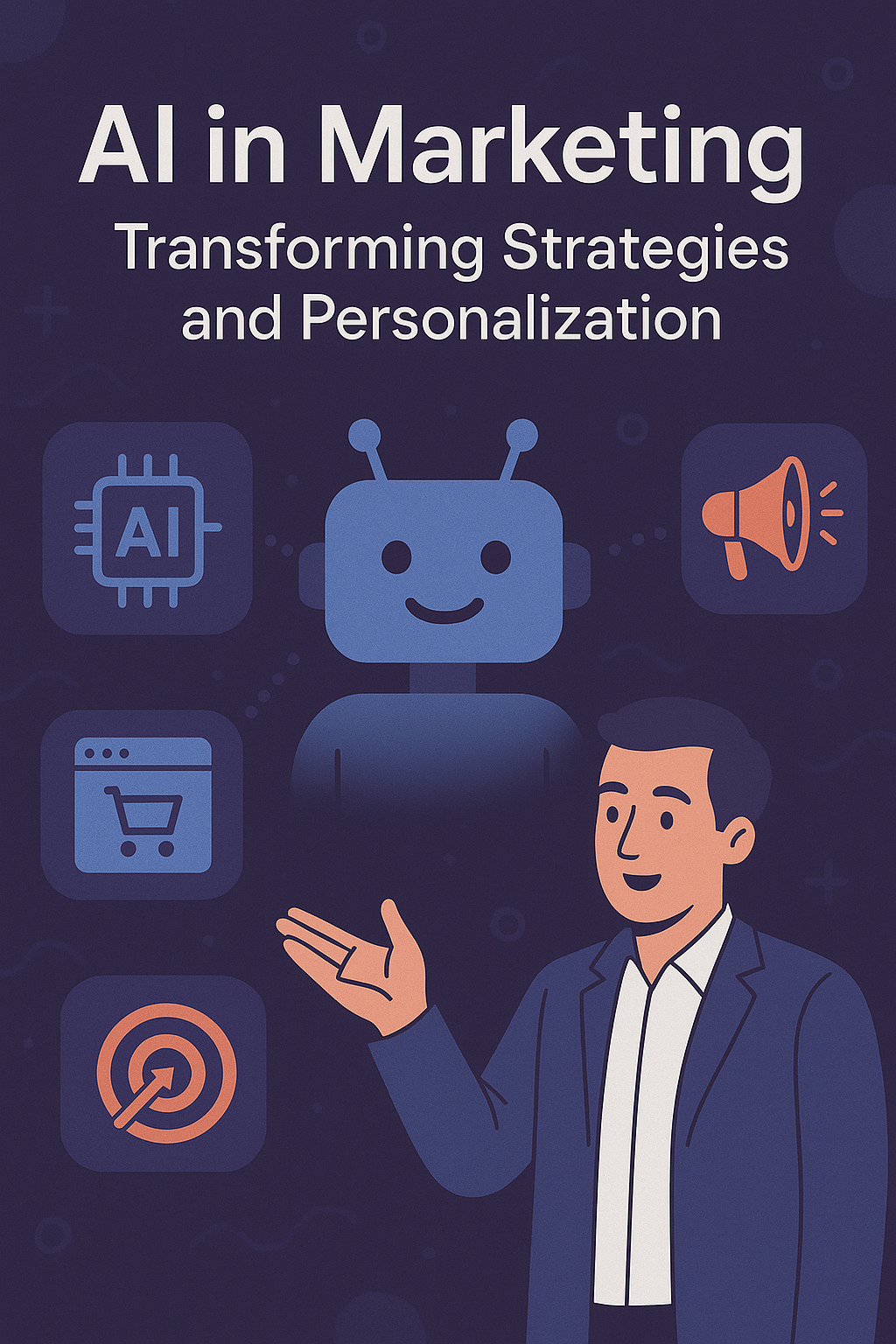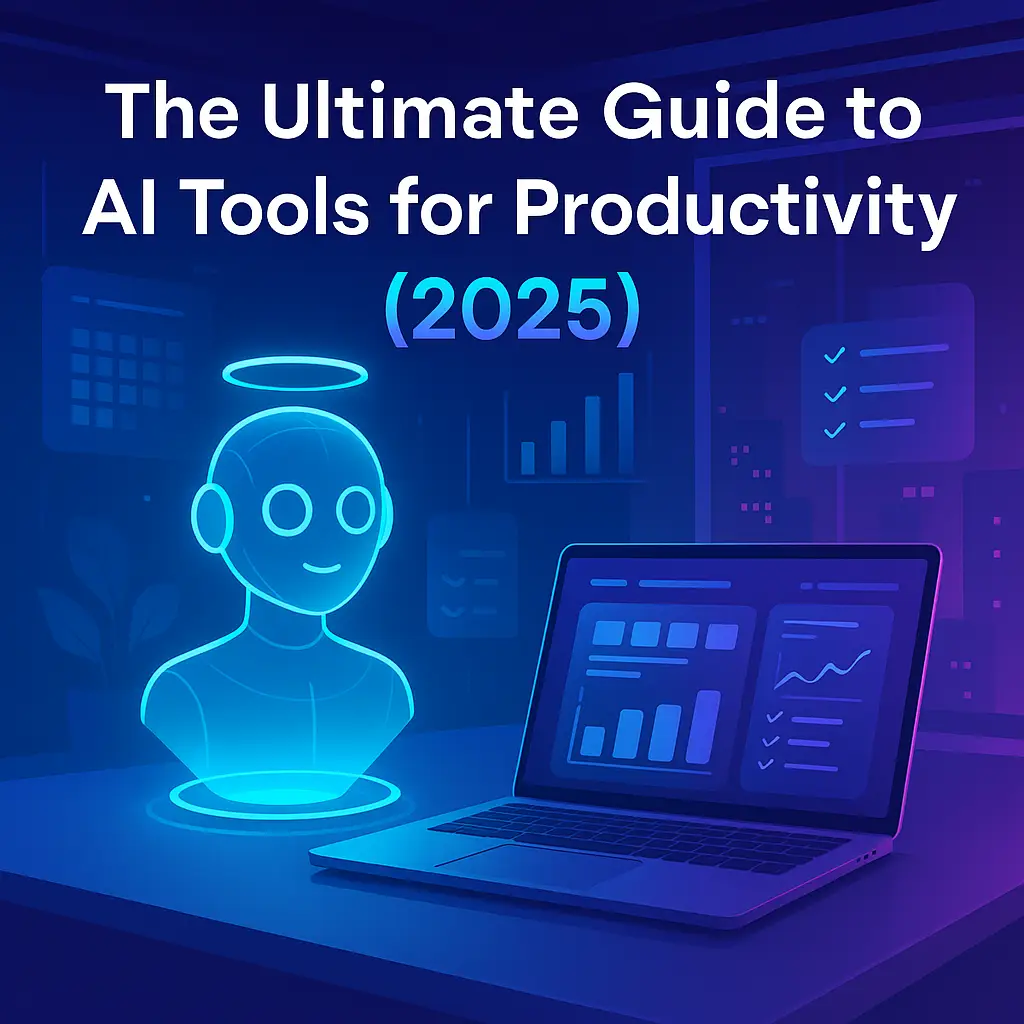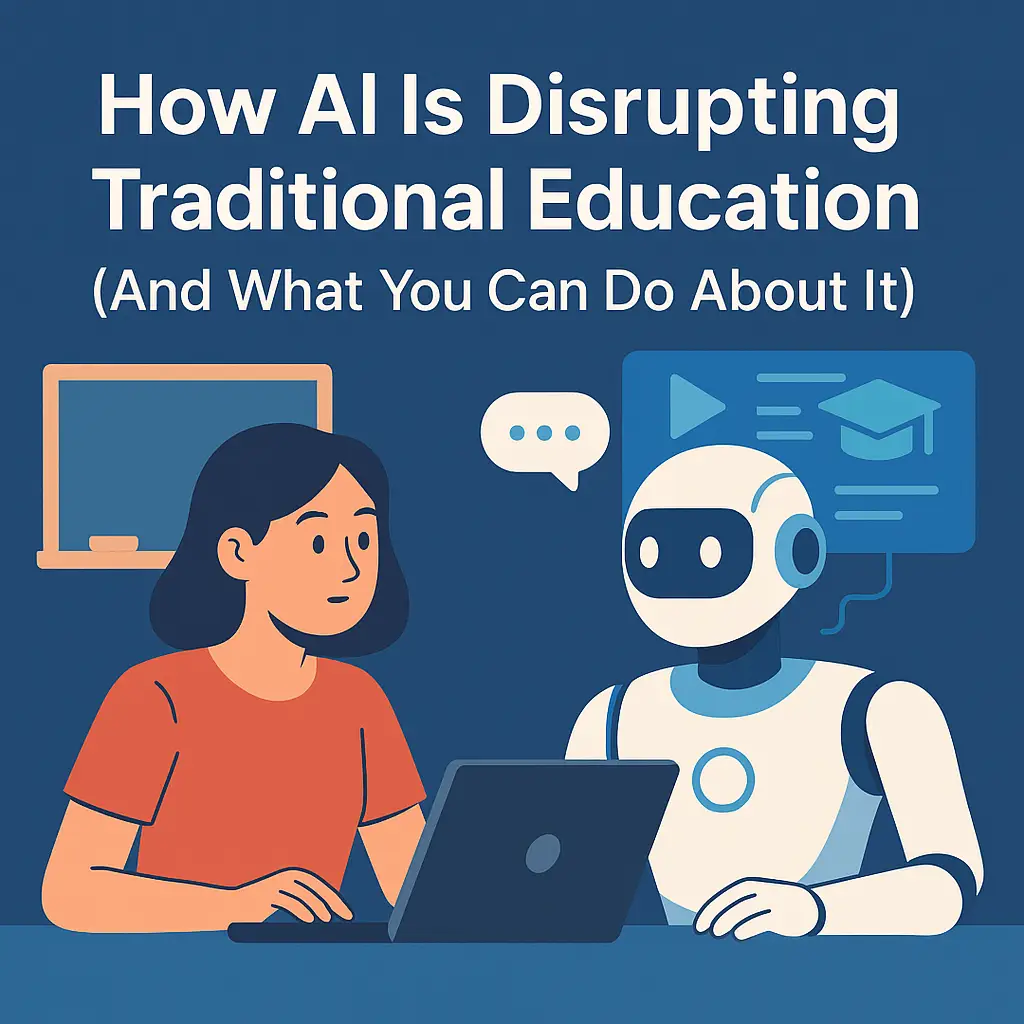Artificial Intelligence (AI) is revolutionizing marketing strategies by offering advanced tools that allow for highly personalized customer experiences, predictive analytics, and more effective automation. Businesses are embracing AI technologies to gain a competitive edge in the marketplace. For example, AI-powered personalization techniques can be seen in action in personalized marketing campaigns that adapt in real-time based on user data.
1. Personalization Through AI
AI allows marketers to deliver tailored content and experiences by analyzing user behavior and preferences. For instance, brands are using AI tools to recommend products based on past purchases and browsing history. This level of personalization boosts conversion rates and strengthens customer loyalty. Explore how AI personalization is changing the way brands connect with customers in this deep dive into personalized marketing.
Real-World Example: An online retailer uses AI to recommend products based on customer browsing patterns, which results in higher sales.
2. Predictive Analytics for Marketing Decisions
AI-driven predictive analytics help businesses forecast trends and customer behavior. By analyzing historical data, marketers can predict the likelihood of certain outcomes, allowing for more informed decisions. Platforms like predictive analytics tools are enabling brands to optimize their marketing strategies for better ROI.
Real-World Example: Using AI, a company predicted customer churn and successfully implemented retention campaigns, reducing churn by 20%.
3. AI in Content Creation
AI-powered tools can generate marketing content rapidly while ensuring it aligns with customer expectations. These tools use natural language processing (NLP) to produce articles, product descriptions, and social media content in a fraction of the time. Tools such as automated content generators help marketers create high-quality content for various platforms.
Real-World Example: A company used AI to generate product descriptions for thousands of items, cutting content creation time by 50%.
4. AI-Driven Chatbots for Customer Service
AI chatbots are transforming customer service by providing real-time assistance and 24/7 support. With natural language understanding capabilities, these bots can respond to customer queries efficiently. For example, chatbot marketing tools enhance the customer experience and improve conversion rates by resolving issues instantly.
Real-World Example: A brand used AI chatbots to handle customer service inquiries, improving response times and boosting customer satisfaction.
5. Optimizing Ad Campaigns with AI
AI is also playing a key role in optimizing digital advertising by adjusting campaigns in real time based on user interaction. Tools like AI-driven ad targeting platforms allow marketers to fine-tune their ad strategies to reach the most relevant audience, resulting in higher engagement and better ROI.
Real-World Example: AI algorithms were used to optimize bidding strategies for Google Ads, leading to a 30% increase in ad campaign performance.
6. The Role of AI in Customer Insights
AI helps marketers gain valuable insights into customer behavior through data analysis. Tools that analyze social media sentiment and customer feedback enable brands to adjust their strategies for better engagement. Learn more about utilizing AI-powered customer insights to improve marketing tactics.
Real-World Example: A company used AI to analyze social media sentiment, adjusting its product offerings based on customer feedback.
7. Ethical Considerations in AI Marketing
As AI continues to evolve, ethical considerations such as data privacy and algorithmic transparency are becoming increasingly important. Brands must address these concerns to build consumer trust. Explore how AI in marketing needs to be implemented ethically in this guide on ethical AI marketing practices.
8. The Future of AI in Marketing
The future of AI in marketing is bright, with AI technologies evolving to provide even deeper personalization, smarter decision-making, and more advanced automation. Brands will continue to rely on AI to stay competitive in an increasingly data-driven marketplace.
Conclusion
AI in marketing offers numerous benefits, from personalized experiences and predictive analytics to automated content creation. By embracing these technologies, businesses can gain a competitive edge and build stronger relationships with customers. For more on AI marketing solutions, visit our AI Marketing Blog.








